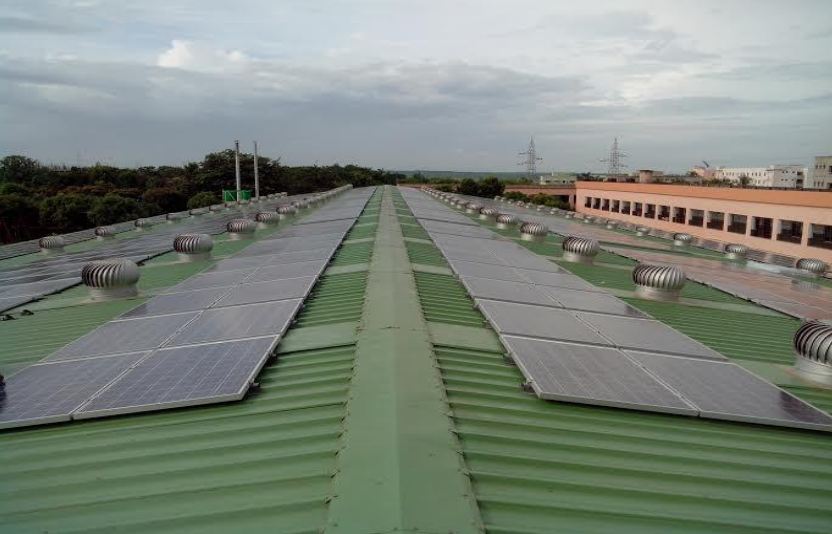The solar power scheme was unveiled by the state government in August 2015, and warned that actions including disconnection of power supply would be taken against units that failed to install solar energy facilities by the deadline.
Despite India as a whole surpassing 1 GW in rooftop capacity last year, just 105 of 2500 units showed an interest in the scheme. The government has now renewed its appeal to for industries to adopt solar generation. In a recent meeting with the FIA, Principal Secretary for the Department of Renewable Energy Ankur Gupta asked industrialists to install solar immediately to take advantage of the offered subsidy covering up to 30% of the installation costs.
Gupta also stated that the Government was prepared to buy back additional power generated through net metering, and that installing rooftop solar capacity could help to improve energy security and reduce the likelihood of powercuts.
The FIA’s representatives are requesting that the deadline be extended to December 31st of this year. Gupta was non-commital about this request at the meeting, however sources in the department say it is unlikely that any action will be taken against those companies that have so far failed to install solar, as industrialists have ensured that they will cooperate.
2017 is predicted to be amother huge year for solar energy in India, with the Government promoting various schemes to boost rooftop installation across the country. The Solar Energy Corporation of India also recently held an auction for 500 MW of rooftop projects, which saw record low prices entered.
This content is protected by copyright and may not be reused. If you want to cooperate with us and would like to reuse some of our content, please contact: editors@pv-magazine.com.




At first sight, India is doing better than China at getting rooftop solar up and running. Quite an achievement: rooftop has been difficult to unblock in many jurisdictions, including much of the USA until very recently. Perhaps the sector was paradoxically helped in India by the poor quality of the grid, which has forced many businesses to install backup generators. They are familiar with the concept of self-consumption.